SER policy-brief about dump: Turn Pond Island into residential area – UPDATED
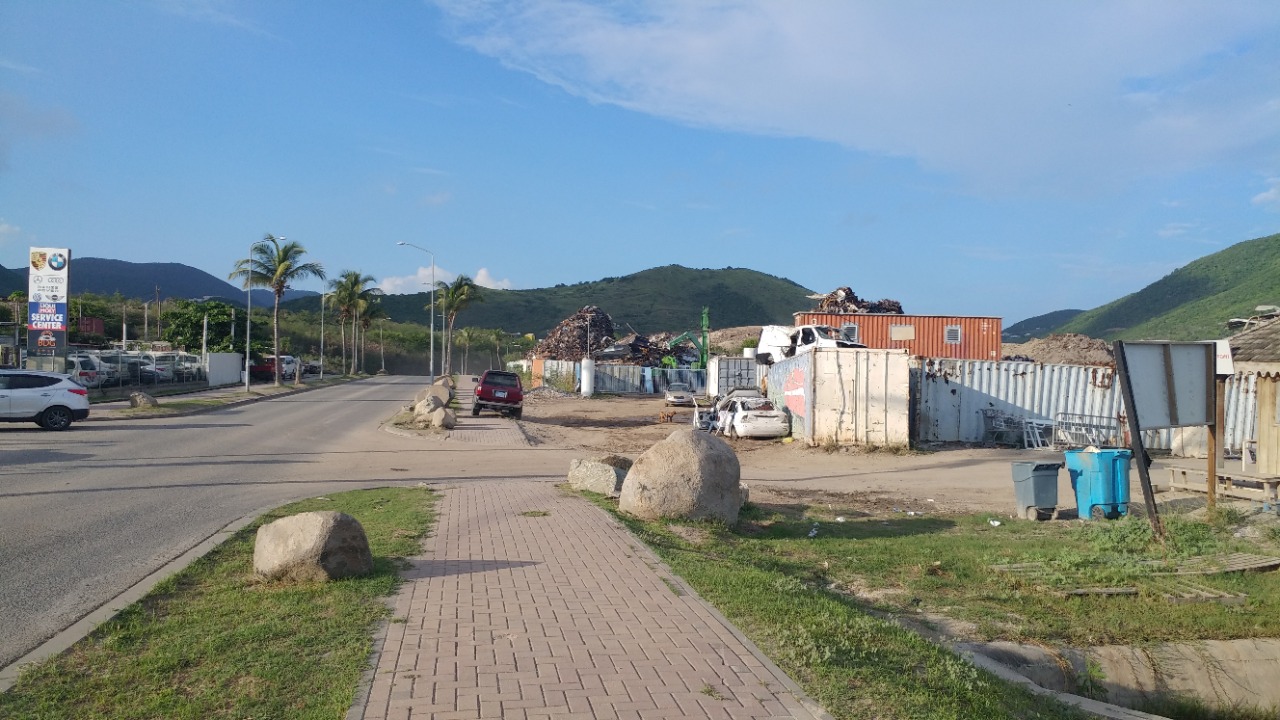
PHILIPSBURG — The landfill on Pond Island, commonly referred to as the dump, remains a bone of contention now that 200 residents who live near it have to be relocated. The government has done basically nothing about the health hazards the dump represents, nor has it addressed the deplorable housing conditions of the residents that will sooner or later have to go and live elsewhere.
Chantelle Jessurun, daugther of St. Maarten Consumers Coalition’s (SMCC) co-coordinator Drs. Raymond Jessurun, prepared a policy brief for the Social Economic Council (SER) that contains a few key recommendations for the government.
The brief recommends that the government formulates a housing-standard definition that can be used to prevent the formation of other slums and inadequate housing environments. Furthermore, the government should consider turning Pond Island into a residential area; this measure would require a drastic decrease or the complete removal of the dump from its current location. This, in turn, would require research.
The brief furthermore states that the desires of the citizens that are to be resettled elsewhere ought to be taken into consideration and that the resettlement process requires complete transparency to remove unrest and mistrust among the inhabitants.
The policy brief is not the first guideline the SER has offered to the government. Already in December 2016 the SER submitted an unsolicited advice about the dump to the Prime Minister at the time, William Marlin, his VROMI-Minister Christophe Emmanuel, Public Health Minister Emil Lee and acting Minister of Tourism and Economic Affairs Rafael Boasman.
That advice strongly recommended cooperation with the French side about waste management and it advised against the establishment of a waste-to-energy facility. Instead, the SER noted, the focus should be on a system of integrated waste management, similar to the one on the French side of the island. Key components of this system are the reduction of waste, reusing and recycling and attention for health and ecological issues at the dump.
Separating waste and selling waste products, as well as an awareness campaign to encourage the reduction of waste at the household and community level were also part of this advice. The government did not do anything with it. The advice notes that St. Maarten produces the highest volume of solid waste per capita in the Caribbean: 9.7 kilogram per day.
With a population currently estimated to be around 60,000, this means that the Dutch side of the island produces 582,000 kilogram of waste per day, or 212.4 million kilogram per year.
The SER also advised to renew the cooperation with the city of Amsterdam and to engage in an exchange of knowledge and experience. This agreement expired on October 16, 2017. Amsterdam had offered, according to the SER-advice, to remove at least 50 percent of the current landfill. The government did nothing with it.
The landfill was established in 1970 and the projected lifespan of the facility at the time was 10 years. But the dump did not go anywhere and by 2008 it had finally reached its “maximum holding capacity.” Thirteen years later, there is still no solution.
The Emergency Debris Management Project is part of the National Recovery and Resilience Plan. It is managed by the National Recovery Plan Bureau (NRPB) and it includes “development of the dump,” Chantelle Jessurun notes in the SER policy brief. That the dump emits toxic fumes (and therefore is a threat to public health) and that its size is no longer manageable is beyond dispute.
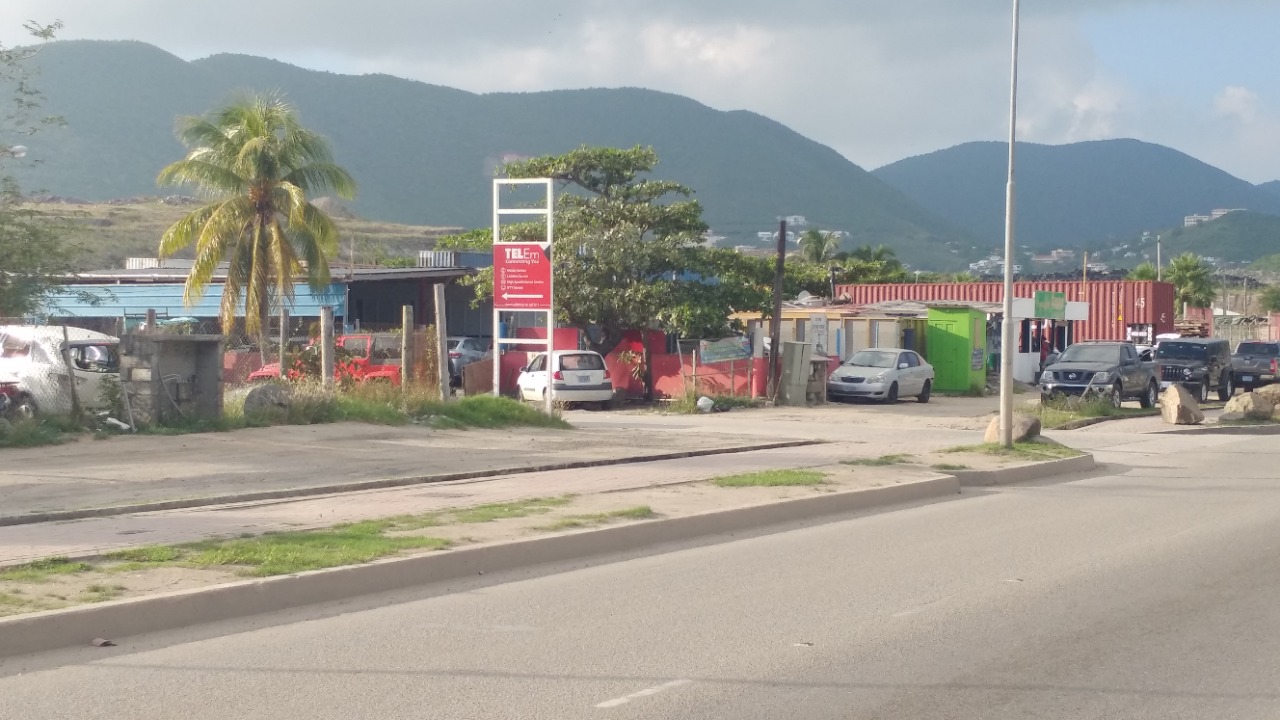
But for the people who have been living and working near the dump for decades, the new development is a source of concern. The SER-brief states that they have no legal claim to the government-owned land where their houses and businesses are established, because they have no formal lease agreements. Jessurun notes however that people live near the dump “with permission and with official government-recognition.”
This appears for instance from the undeniable fact that they have an officially registered address, that there are street names and that dwellings are connected to water and electricity.
“This informality may have been created intentionally by the government as a form of control over the population and the land in particular,” the brief states with a reference to research by Roy in 2009. “Most inhabitants were appointed land or housing by government officials but they never got lease agreements.”
The NRPB has hired RINA to write a Resettlement Action Plan, the brief states, adding that, so far, only a Resettlement Action Framework has been published.
Ethnographic research had revealed that there are “various risks for impoverishment for the (to be resettled) inhabitants, that these people have concerns about the long-term consequences of relocation and that the reasons for resettlement are unclear to them. They fear that they will be unable to afford a home of the same or better value, the brief states: “They do not believe that they could ever be compensated enough for what they stand to lose.”
The brief points out that the proposed compensation-packages focus on short-term effects. They offer for instance in-cash transfers for temporary relocation, but only for two years. Compensation for demolished housing does not match reconstruction costs.
People fear that involuntary resettlement will turn into involuntary displacement, the brief states.
The Daily Herald reported in July about unrest among the people who live near the dump. Some residents signed a declaration of intent offered to them by the NRPB, but SMCC-co-coordinator Raymond Jessurun advised others not to sign such a document. The major concern of the residents is how and where they will be relocated.
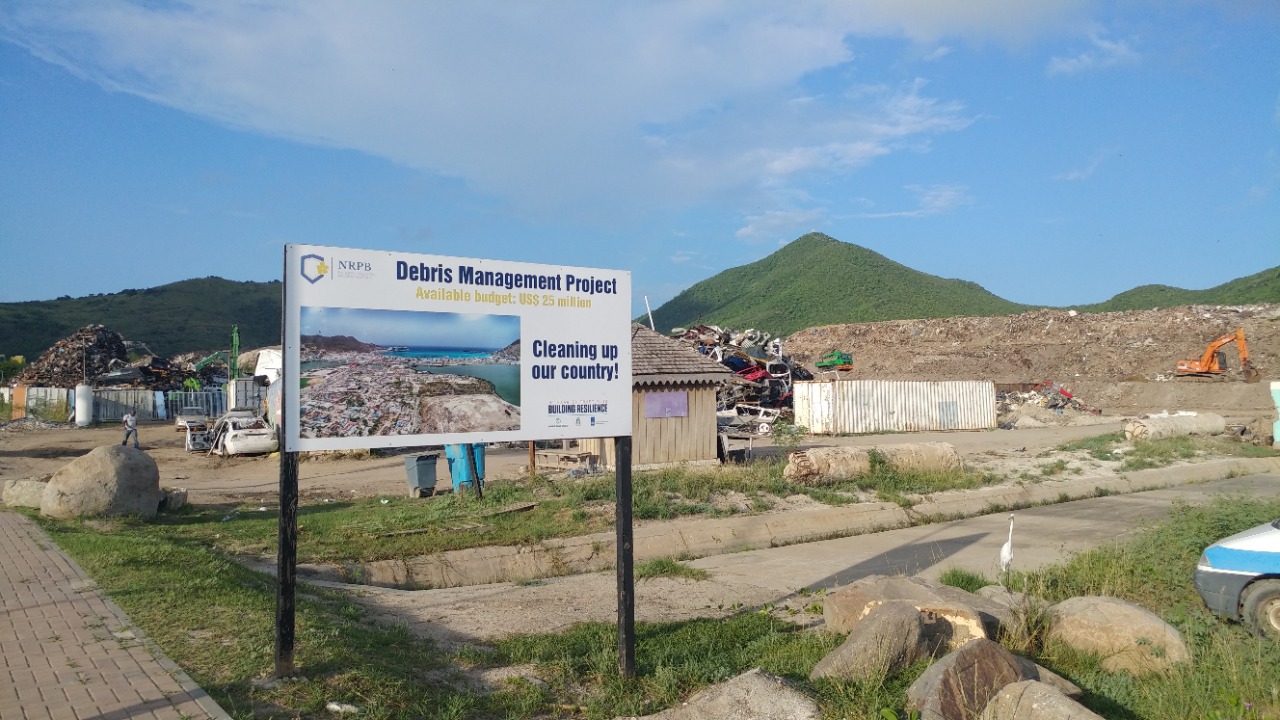
UPDATE
The relocation of people who live near the dump can probably begin in early 2022, State Secretary Drs. Raymond Knops (Kingdom Relations) writes in a letter to the Second Chamber that accompanies the half-year report about progress with the reconstruction efforts.
“In the interest of the safety of people living near the dump, work on the garbage-mountain can only begin after the necessary resettlement has been completed.”
Knops adds that a “high level focal point resettlement” has been established to promote this complex process.
A study into waste management has been completed in May 2021; it provides technical and strategic arguments to support the necessary reforms. The Netherlands will provide technical assistance in the fields of financial, technical and legal expertise.
“St. Maarten is and remains responsible for making the necessary choices for the reforms,” Knops states in the letter.
###
Related article: Chantelle Jessurun obtains Masters in International Development Studies
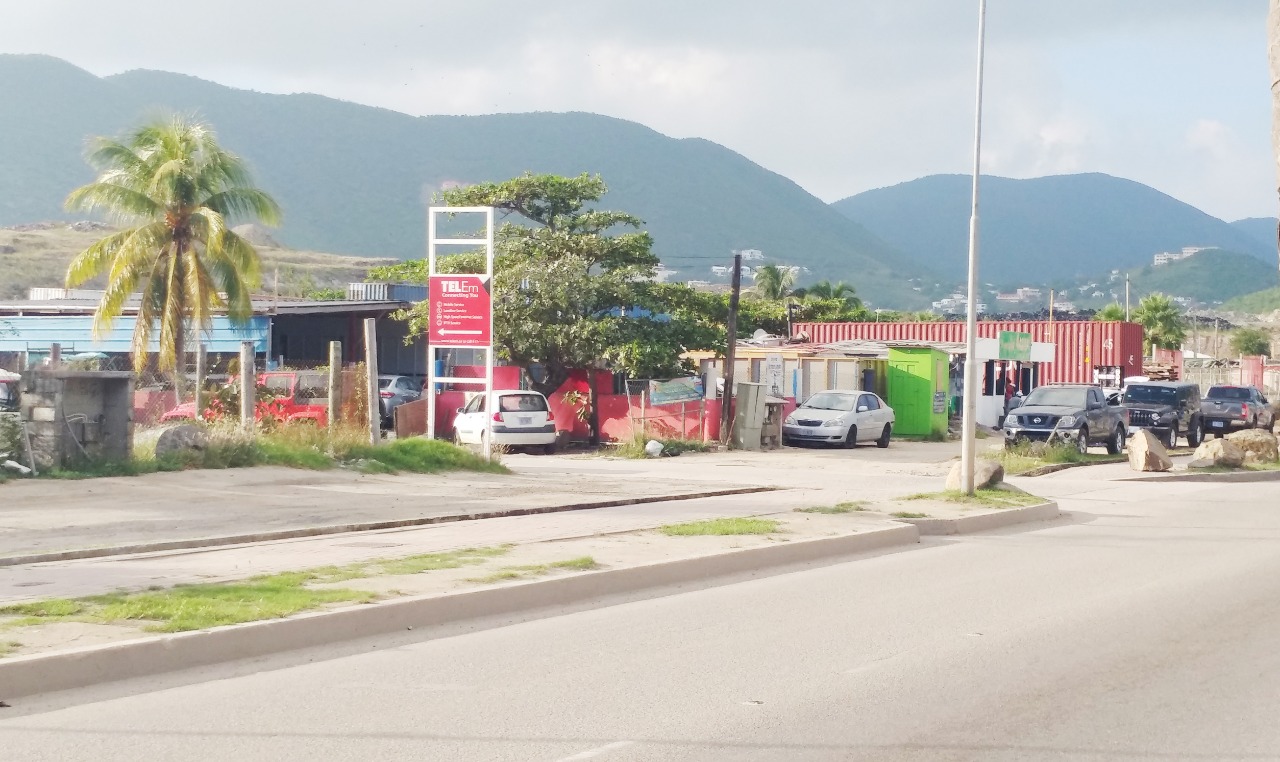
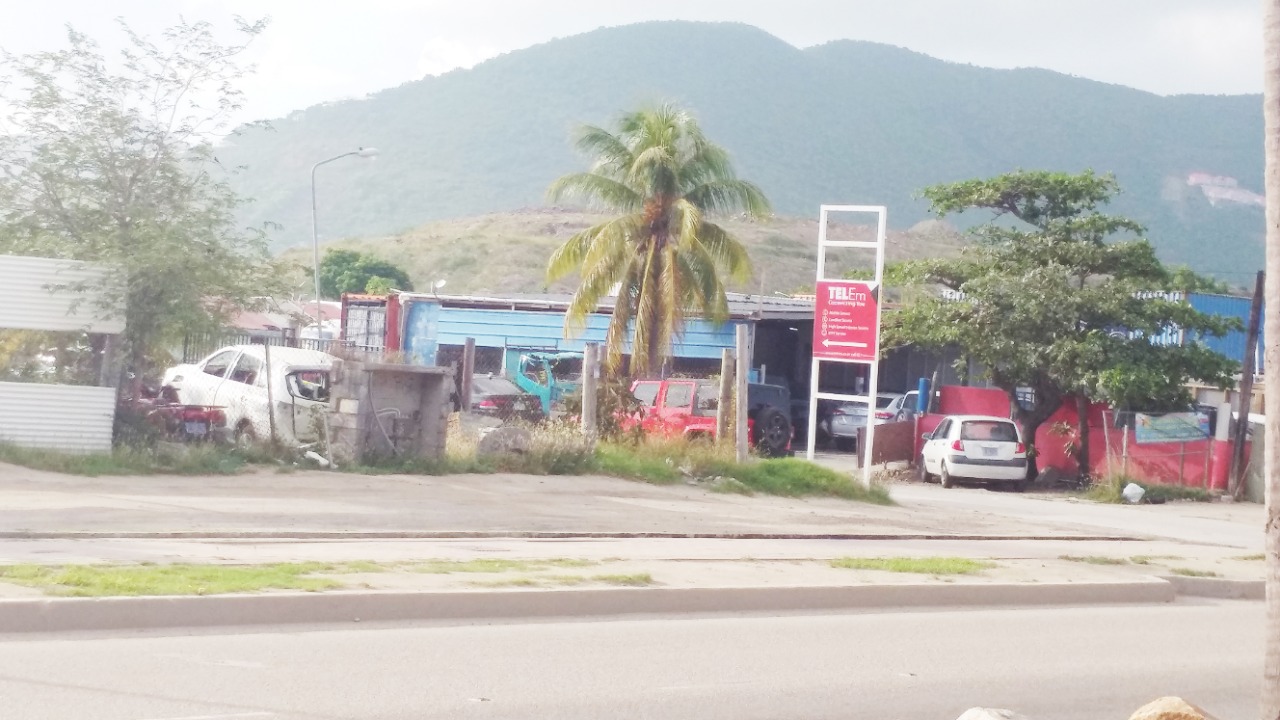
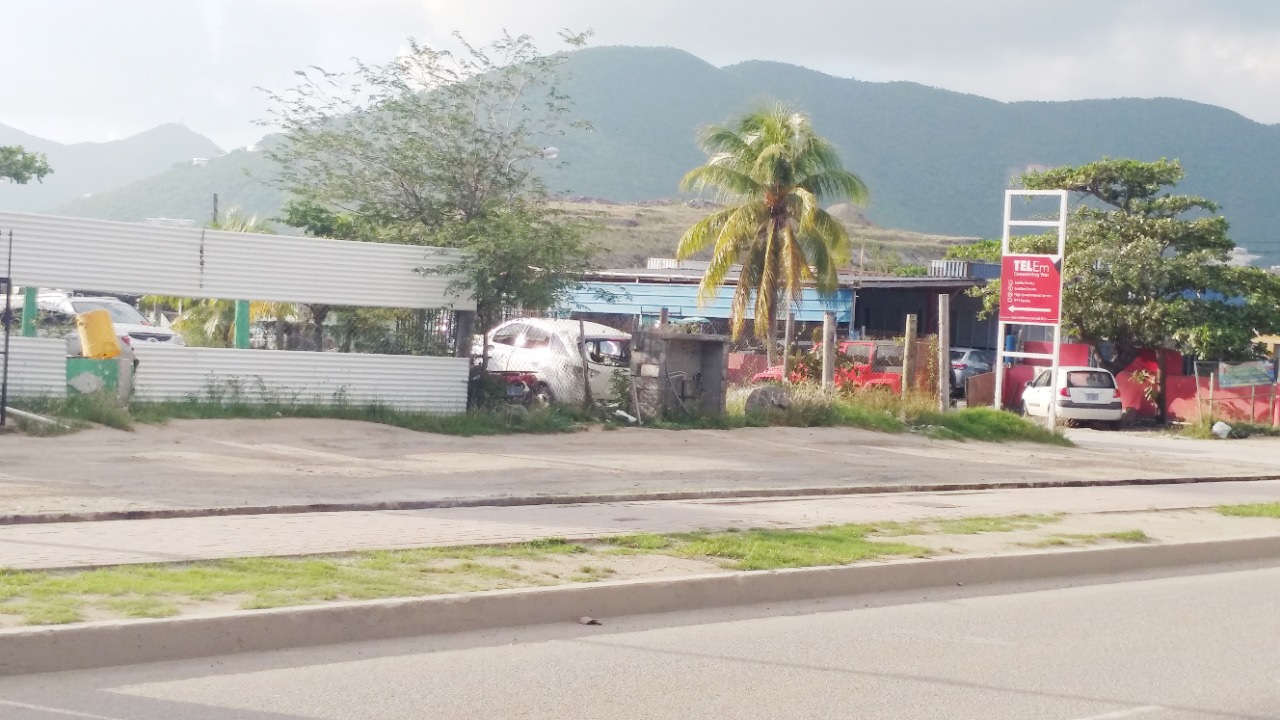
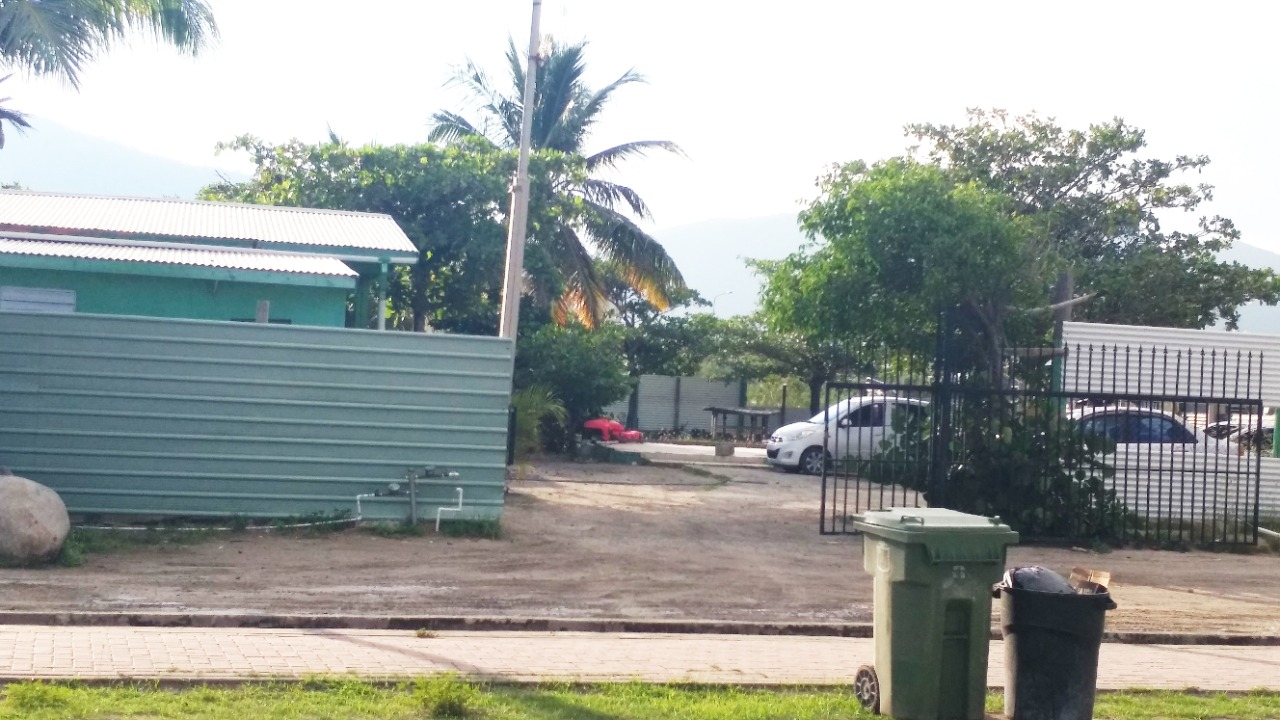
PHOTO CAPTION: Photos of Pond Island residences and businesses with Mount Dump in the background and photos of the Baby Dump by Fredrena Pemberton.


























